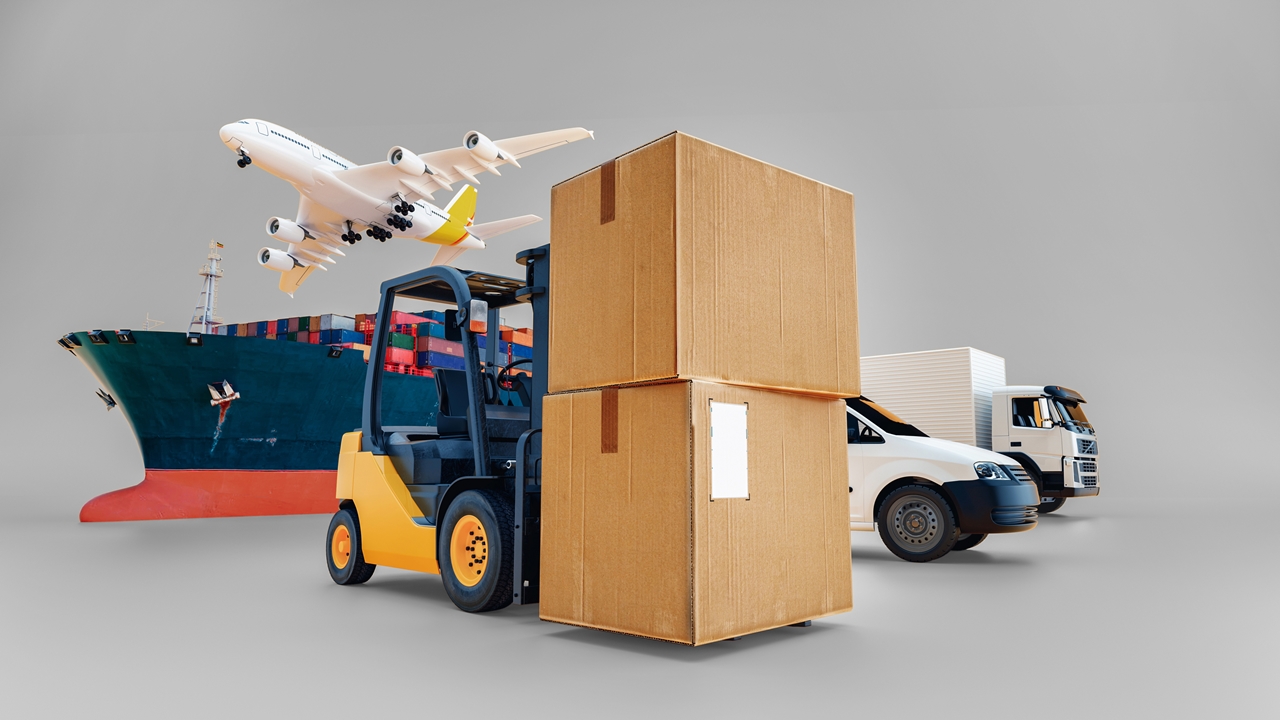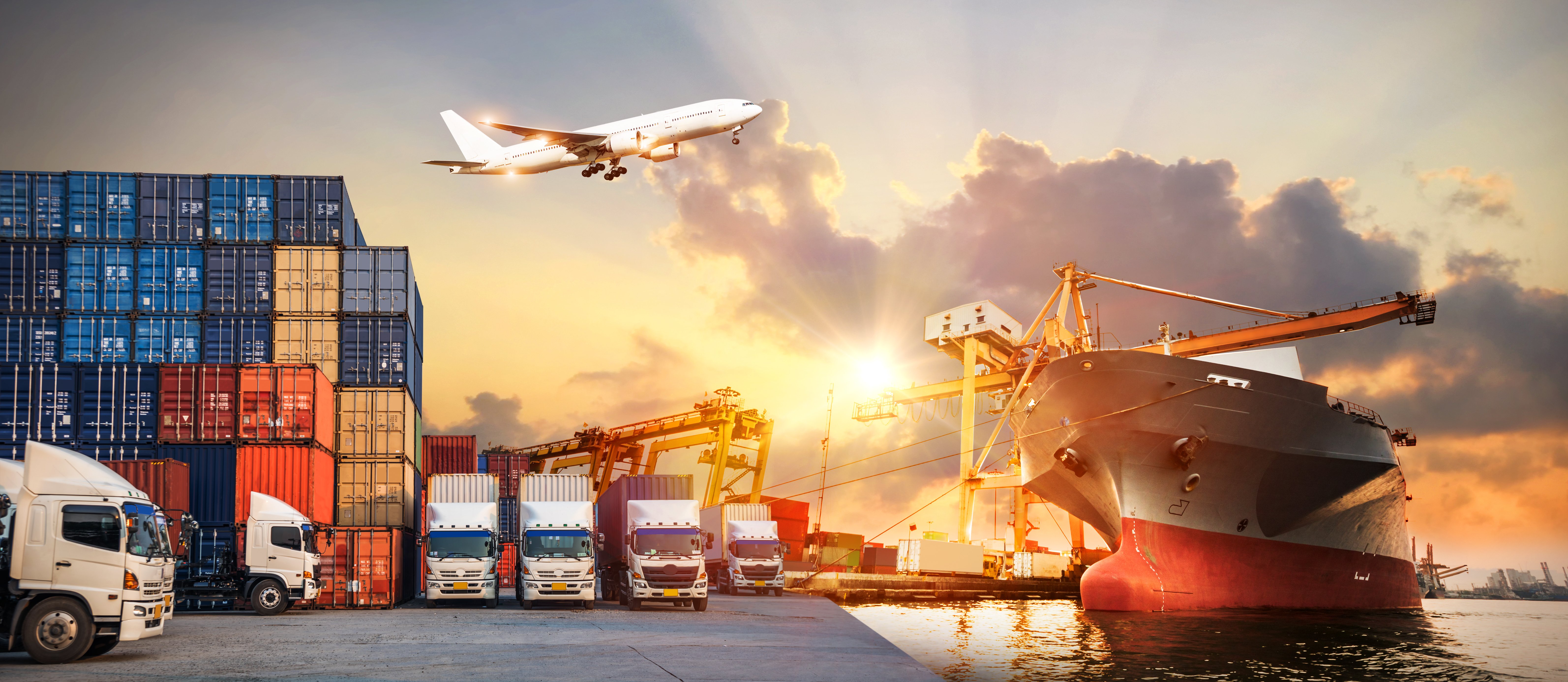Cargo Expedition: Pioneering World Connectivity and Commerce
Cargo transport is an essential part of the global economy which facilitates the flow of commodities and goods around the world. It includes the logistics, transportation and the delivery of a variety of products, from raw materials to completed goods. Whether through land, air, or sea, cargo voyages allow businesses to access international markets and consumers to receive products across the globe. As industries grow and global trade increases, the significance of efficient and reliable cargo shipping continues to increase. Thanks to technological advances and the ever-growing demand for speed, cargo journeys are changing how things are shipped to customers, and it is becoming an essential part of the modern world of trade.
One of the major variables that influence the success of cargo trips is the method of transportation. The choice of transport-air freight, sea freight, or road freight, depends on the type of product, its location and the urgency of the delivery. Sea freight can be the primarily used method to transport large volumes of goods, due to its cost-effectiveness in long-distance transport and is able to take care of a broad range of products. It also has higher transit times in comparison to air freight. It is preferred for the most valuable or time-sensitive goods like medical equipment, electronics, as well as perishables. Road freight, which is typically utilized in regional delivery, gives flexibility and can complement the air and sea transportations by connecting ports, warehouses, and their final destinations.
Technology has revolutionized the cargo expedition industry, enabling greater efficiency, transparency, and the reliability. Systems that track cargo in real time provide companies daily updates on their cargo, increasing transparency and improving planning. Blockchain technology has improved the transparency of supply chains by providing secure and immutable records of transactions and cargo transport. Artificial intelligence is utilized to streamline routes, forecast the likelihood of delays, and decrease expenses, and automation in warehouses facilitates the processing and sorting of the goods. The technological advances not only increase efficiency, but they also increase trust among all parties involved, which ensures the seamless circulation of goods within an increasingly interconnected world.
As the global logistics industry continues to grow and develop, technology is playing an increasingly important role in shaping cargo expeditions. The latest developments in tracking systems as well as digital documenting and automation of Cargo Expedition handling are revolutionizing the manner in which goods are handled throughout the journey. GPS and RFID technologies allow continuous tracking of cargo which provide both the shipping business and customer with up-to-date information about the cargo's location. This technology has made it simpler to track the condition of cargo, making sure that delay or problems are swiftly dealt with. In addition, digitalization has helped streamline procedures for documentation, decreasing the need for paper-based records and making the process of customs clearance much more efficient. To find new information kindly go to Muat

The success of cargo expeditions heavily depends on the skills and coordination of logistics experts. These professionals manage intricate supply chains, making sure that they are in conformity with international trade regulations and customs requirements. They work tirelessly in order to predict and solve problems that could arise, including delays, geopolitical tensions, or disruptions in weather. Their ability to coordinate between diverse modes of transport or time zones as well as languages is crucial to maintaining the efficiency of global trade. Continuous training and skill development are essential in this field and allow professionals to stay up to the technological advances and constantly changing demands that the market has to offer.
The growing demand for cargo transportation solutions is largely influenced by the growth of online shopping, that has drastically changed the way goods are sold and bought. Online shopping has created a world-wide marketplace where products are sold to customers on different continents. This has resulted in quicker and more reliable shipping systems. The major e-commerce firms, like Amazon and Alibaba, have revolutionized logistics by integrating sophisticated technology into their supply chains. This allows their customers to receive delivery in near-instant times. This has raised the bar for other companies, requiring them to invest in efficient logistics solutions for cargo to remain efficient. Since e-commerce is growing, the need for streamlined and effective cargo services is more crucial more than ever before, creating new logistics infrastructures across the world and driving the development of new solutions in this sector.